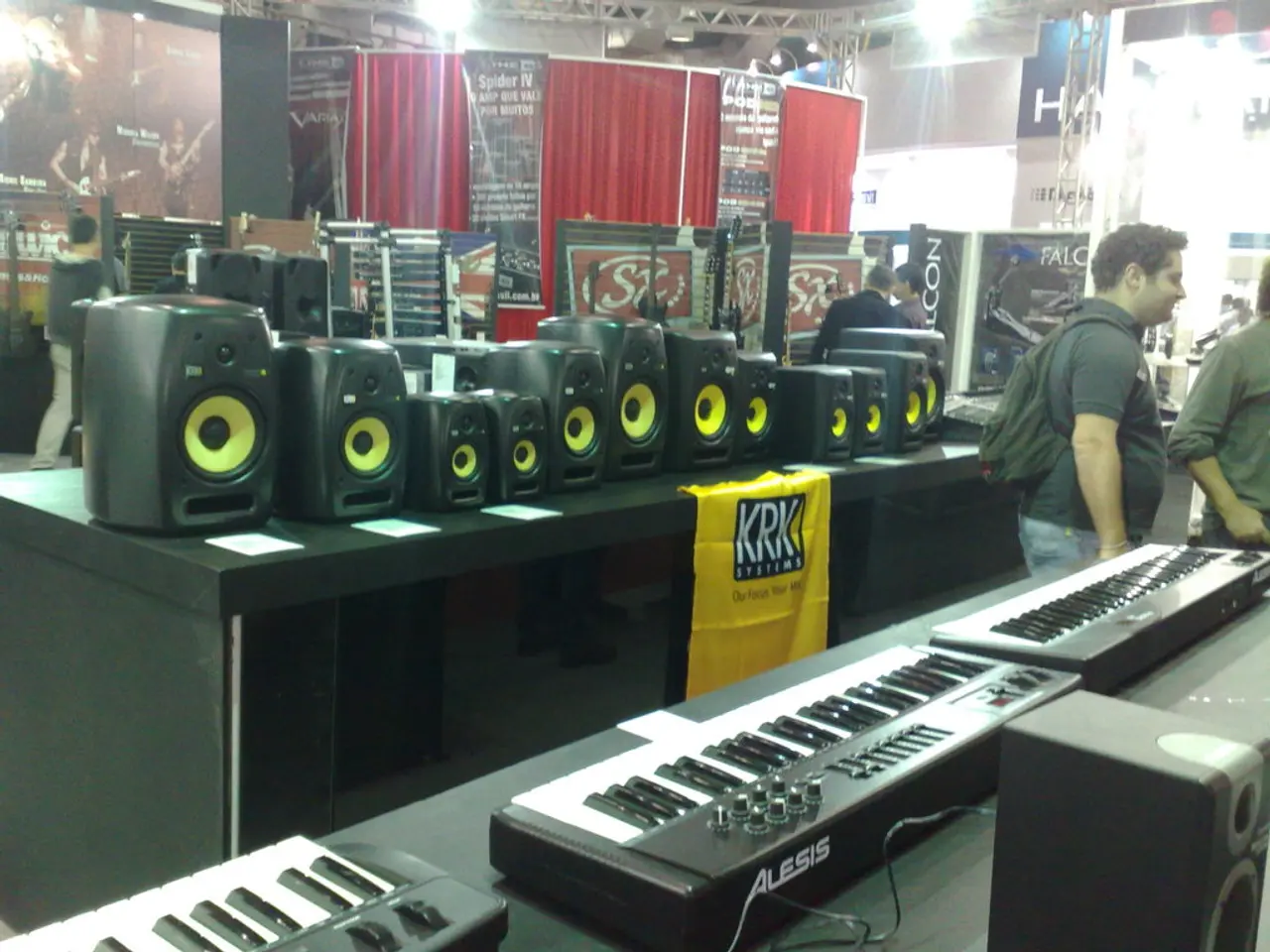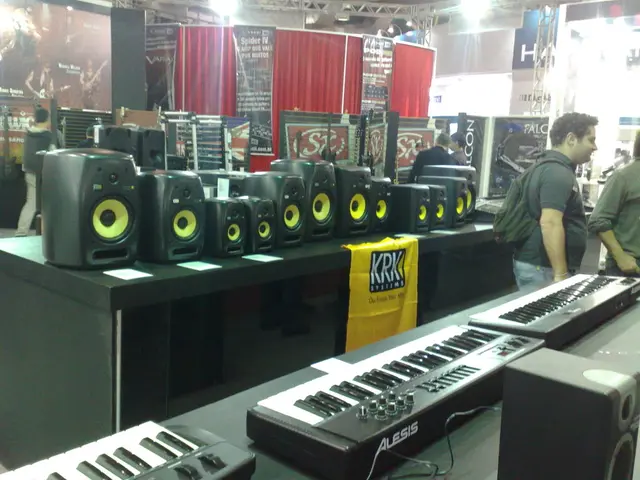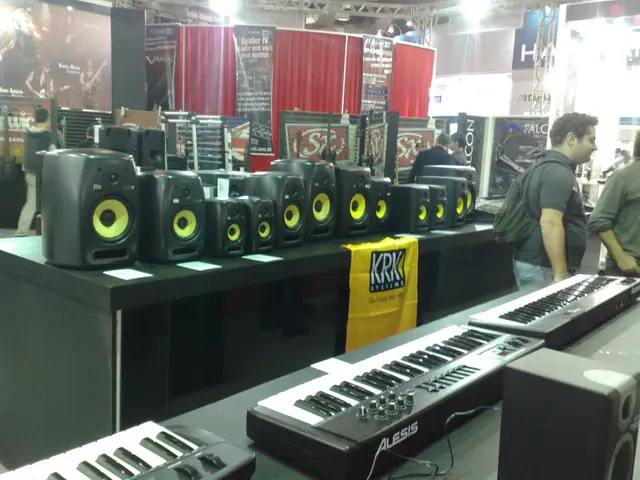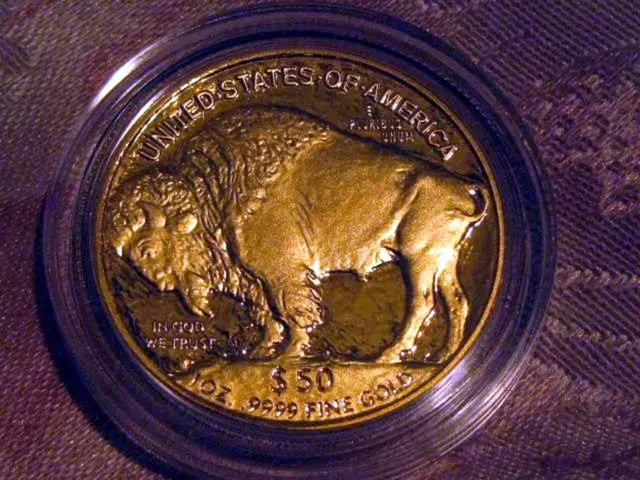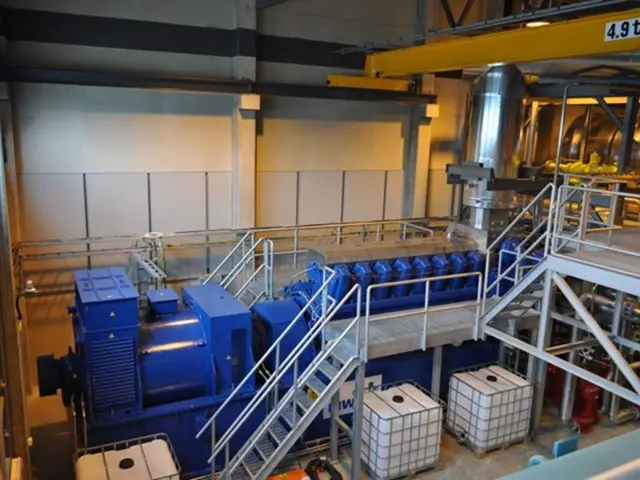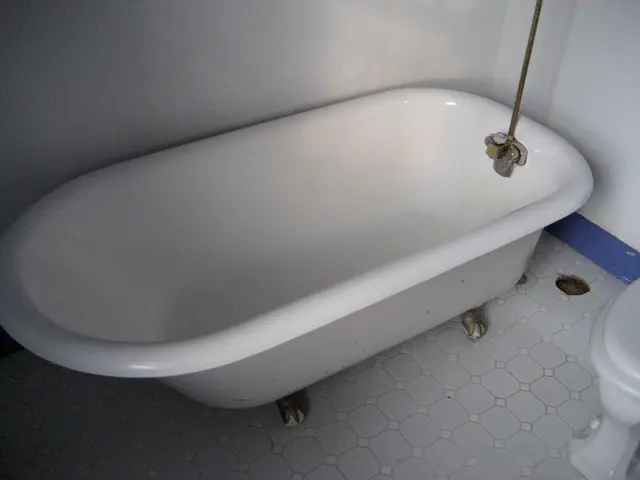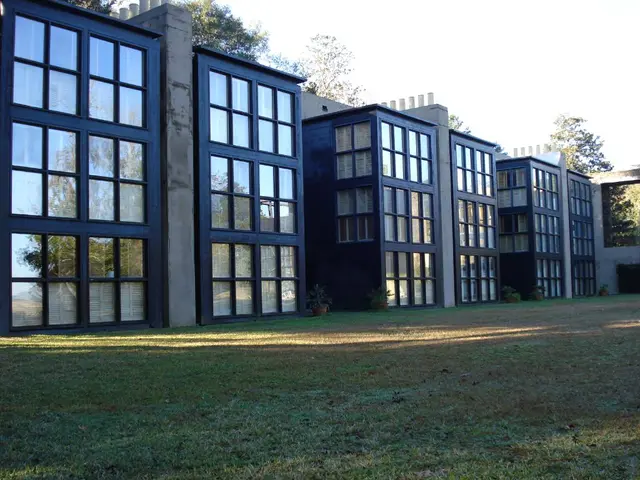Trump's Gambling Empires: A Look at the Businessman's Casino Past
In the heart of Atlantic City, the casino industry has seen its fair share of ups and downs. One name that stands out among the city's storied history is Trump Entertainment Resorts.
During the mid-1980s, Donald Trump, the future 45th President of the United States, purchased the Atlantic City Hilton Hotel and Casino and the Taj Mahal, renaming them Trump Marina and Trump Taj Mahal respectively. However, the company's journey was not a smooth one.
Over the years, Trump Entertainment Resorts and its associated casinos faced multiple financial difficulties, leading to several bankruptcy filings.
The Trump Plaza Hotel and Casino, owned by Trump Entertainment Resorts, began experiencing a significant revenue decline in 1990 due to internal competition from the Trump Taj Mahal casino nearby. To avoid default on bond payments in 1991, it took a mortgage on its parking garage and subsequently underwent a debt restructuring in 1992 via a prepackaged bankruptcy plan that reduced and restructured its $250 million debt.
Trump's casinos were caught in multiple Chapter 11 bankruptcy filings. The Trump Taj Mahal filed for Chapter 11 bankruptcy in 1991, followed by the Trump Plaza in 1992. Trump Hotels and Casino Resorts filed for bankruptcy protection around 2004 amid $1.8 billion in debt. The overarching company, Trump Entertainment Resorts, filed for Chapter 11 bankruptcy in 2009, carrying approximately $1.25 billion in debt after the 2008 financial crisis.
These bankruptcies allowed Trump's companies to reorganize debt and operations, often described as walking away from unmanageable debt, leaving creditors to absorb losses while Trump himself avoided personal bankruptcy. Trump has publicly defended his use of bankruptcy laws as strategic business tools, typical of large enterprises managing financial distress rather than personal failure.
Trump's influence on the US casino industry has been significant, particularly in New Jersey, where he revolutionised land-based casino gaming with his purchase and sale of properties in Atlantic City. However, his brand name is now associated with grand promises that have resulted in failure and financial turmoil.
In 2009, Andrew Beal, owner of Beal Bank, and Carl Icahn formed an investor partnership with Trump Entertainment Resorts. The 2009 bankruptcy filing of Trump Entertainment Resorts resulted in a debt of $1.2 billion. The bankruptcy issues of 2004 led to the company officially changing its name from Trump Hotels and Casino Resorts to Trump Entertainment Resorts.
Trump's former properties include Spotlight 29 Casino in Coachella, California, Trump Casino in Gary, Indiana, Trump Marina in Atlantic City, New Jersey, and Steel Pier in Atlantic City, New Jersey. Currently, Trump Entertainment Resorts only owns the Trump Taj Mahal in Atlantic City, New Jersey.
Trump Hotels and Casino Resorts, a company established by Trump, bought both the Trump Castle and Trump Taj Mahal from Trump himself for a total value of $1.38 billion in 1995. The financial uncertainty surrounding Trump Entertainment Resorts has continued despite the name change.
The 2014 bankruptcy filing saw a motion put forward by union group UNITE HERE. The US Court of Appeals ruled in favor of Trump Entertainment Resorts against UNITE HERE at the beginning of 2016.
Trump Hotels and Casino Resorts has filed for Chapter 11 bankruptcy protection on four separate occasions: 1991, 2004, 2009, and 2014. Trump became involved in a venture with the Harrah's-owned Holiday Inn Casino Hotel and renamed it Trump Plaza Hotel and Casino in 1986. Trump World's Fair, a casino, was opened by Trump Hotels and Casino Resorts in the late 1990s.
Trump Marina was sold to Landry's Restaurants in 2011. Trump Plaza was initially proposed to be sold for $20 million in 2013, but the sale was rejected by Icahn.
Despite the turbulent history, Trump's legacy in the casino industry remains undeniable. His name is synonymous with the rise and fall of several iconic casinos in Atlantic City, a city that continues to grapple with its own economic struggles.
- In the blog about casino culture, the story of Trump Entertainment Resorts, a company established by Donald Trump, is highlighted.
- The casino-and-gambling industry in Atlantic City witnessed significant lotteries and financial difficulties, with Trump Entertainment Resorts being a central figure.
- casino-personalities like Donald Trump left an indelible mark on the casino industry, particularly in cities like Las Vegas and Atlantic City.
- Responsible gambling advocates continue to discuss the impact of high-profile casino figures like Trump on the gambling landscape, emphasizing the importance of promoting responsible gaming practices.
